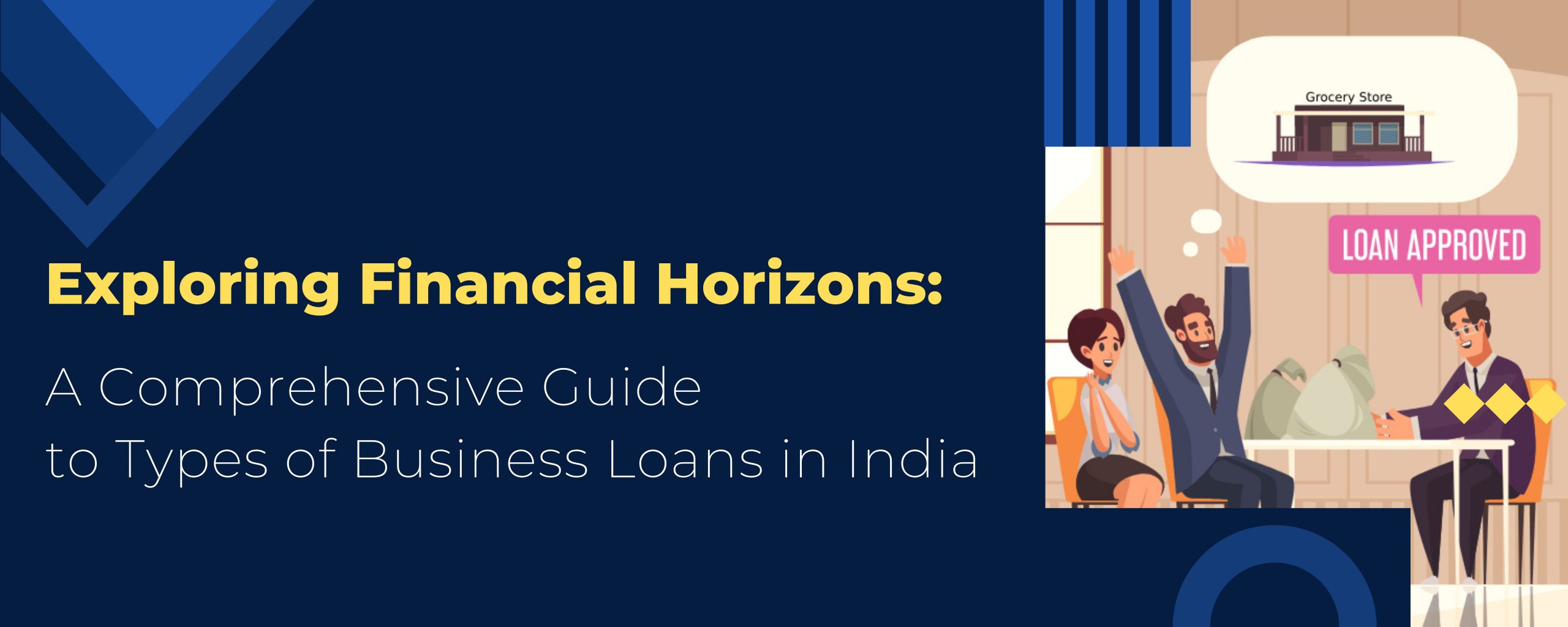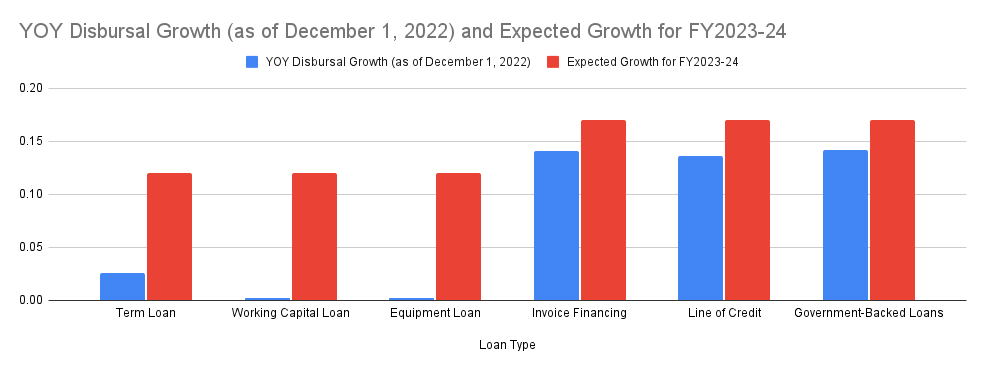In India’s financial realm, your credit score wields significant influence. Whether you’re applying for a home loan, personal loan, or even seeking rental accommodation, your creditworthiness plays a crucial role in shaping your access to credit and the terms you’re offered. A robust credit score can open doors to favourable interest rates and superior financial opportunities, while a poor score can pose obstacles to credit access or result in higher borrowing costs. However, improving and maintaining your credit score need not be a perplexing endeavour. With the right strategies and habits, you can take charge of your creditworthiness and pave the way for financial prosperity. Here are some indispensable tips to aid you in mastering your credit score in the Indian context:
- Assess Your Standing: Begin by procuring your credit report from prominent credit bureaus such as CIBIL, Equifax, or Experian. Under the regulations, you are entitled to one free credit report per year from each bureau. Scrutinize these reports meticulously to ensure accuracy and rectify any discrepancies promptly.
- Comprehend the Influencing Factors: Your credit score hinges on various factors, including payment history, credit utilization, length of credit history, types of credit accounts, and recent credit inquiries. Understanding the role of each factor empowers you to prioritize areas necessitating improvement.
- Timely Payments are Paramount: Payment history constitutes a pivotal component of your credit score. Strive to settle all dues punctually. Set up automatic payments or reminders to avoid missing deadlines. Even a solitary late payment can dent your credit score.
- Curtail Credit Card Balances: Credit utilization, i.e., the proportion of credit utilized vis-à-vis total available credit, significantly impacts your credit score. Endeavor to keep credit card balances modest relative to your credit limits. A prudent guideline is to utilize no more than 30% of your available credit on each card.
- Diversify Your Credit Portfolio: Lenders value a diverse credit portfolio showcasing your ability to manage various credit types judiciously. This may encompass credit cards, installment loans, and lines of credit. If your credit mix lacks diversity, contemplate gradually and responsibly opening new accounts.
- Maintain Long-standing Accounts: The duration of your credit history holds weightage. Closing old accounts may truncate your average account age, potentially lowering your credit score. Even if you’re not actively using certain credit cards, consider retaining them to sustain a longer credit history.
- Exercise Caution with New Credit Inquiries: Each time you apply for fresh credit, the lender typically accesses your credit report, resulting in a hard inquiry. While occasional inquiries are normal, an excessive number within a short span might signal heightened risk to lenders. Exercise prudence while applying for new credit and space out applications whenever feasible.
- Regular Credit Monitoring is Crucial: Stay vigilant by routinely monitoring your credit profile. Many banks and credit card issuers extend complimentary credit score monitoring services to their clientele. Furthermore, reputable websites or apps can facilitate tracking changes in your credit score over time.
- Explore Credit-building Avenues: If you’re embarking on your credit journey or endeavoring to mend a damaged score, contemplate alternative credit-building tools such as secured credit cards or credit builder loans. These instruments are crafted to aid individuals in establishing or enhancing their credit history.
- Seek Professional Assistance if Required: Should you encounter challenges in elevating your credit score or confront intricate credit issues, don’t hesitate to seek expert guidance. Credit counseling agencies and financial advisors can furnish tailored advice and support aligned with your circumstances.
Improving and sustaining your credit score is a gradual undertaking necessitating diligence, discipline, and prudent financial habits. By incorporating these tips and maintaining proactive credit management, you can assume control of your financial trajectory and unlock myriad opportunities. Remember, a robust credit score transcends mere numerical representation – it mirrors your financial well-being and adept money management skills.




